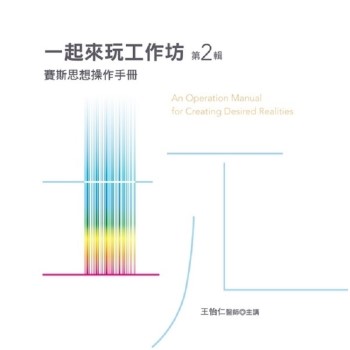Lionel ELLA’s book is an odyssey into the process of decentralization in Cameroon. By revisiting its sociogenesis, foundations and application methods, the author seeks to understand the real impact of this system of territorial administration, officially adopted by Cameroon through its 1996 constitution, on the day-to-day life of local authorities. To this end, he uses a commune, not the least of which is Yaoundé II, a large agglomeration in Cameroon’s political capital. His analysis focuses on local development and cooperation. In other words, the question posed by this book is: what impact has the strengthening of decentralization had on local development and cooperation policies within Cameroon’s communes? While focusing on the legal arsenal and the institutions set up by the public authorities, the author questions the impact of this architecture on the effectiveness of the operational autonomy of communes as actors in local development in their territories.
| FindBook |
有 1 項符合
Local development and cooperation policies的圖書 |
 |
Local development and cooperation policies 作者:Ella 出版社:Our Knowledge Publishing 出版日期:2024-06-28 語言:英文 規格:平裝 / 116頁 / 22.86 x 15.24 x 0.71 cm / 普通級/ 初版 |
| 圖書館借閱 |
| 國家圖書館 | 全國圖書書目資訊網 | 國立公共資訊圖書館 | 電子書服務平台 | MetaCat 跨館整合查詢 |
| 臺北市立圖書館 | 新北市立圖書館 | 基隆市公共圖書館 | 桃園市立圖書館 | 新竹縣公共圖書館 |
| 苗栗縣立圖書館 | 臺中市立圖書館 | 彰化縣公共圖書館 | 南投縣文化局 | 雲林縣公共圖書館 |
| 嘉義縣圖書館 | 臺南市立圖書館 | 高雄市立圖書館 | 屏東縣公共圖書館 | 宜蘭縣公共圖書館 |
| 花蓮縣文化局 | 臺東縣文化處 |
|
|
圖書介紹 - 資料來源:博客來 評分:
圖書名稱:Local development and cooperation policies
|











